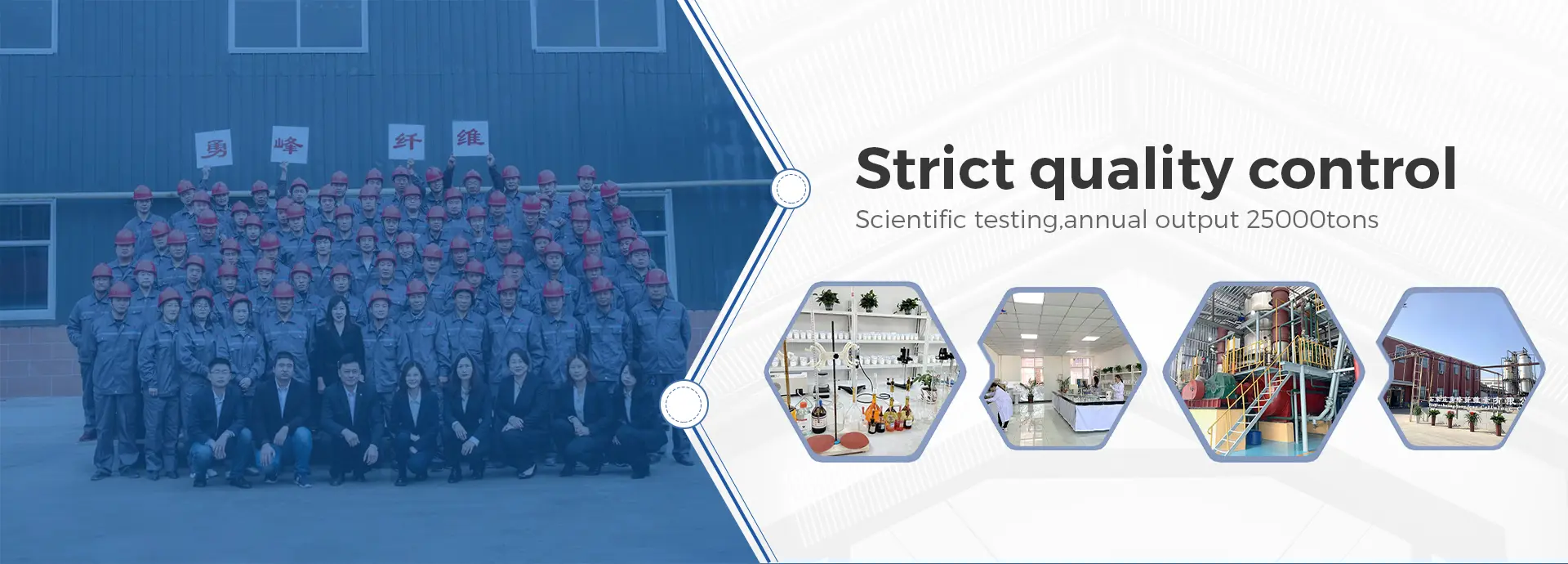Understanding Tylose A Versatile Additive in Food and Industrial Applications
Tylose, also known as hydroxypropyl methylcellulose (HPMC), is a well-known cellulose ether that has gained significant popularity across various industries due to its unique properties and versatility. Derived from natural cellulose, tylose is a white to off-white powder that is soluble in cold water, forming a transparent viscous solution. This article will explore the origins, properties, applications, and benefits of tylose, highlighting its importance in both food and industrial contexts.
Origins and Composition
Tylose is synthesized from cellulose, which is naturally abundant in plant cell walls. The chemical modification of cellulose through etherification results in HPMC, wherein hydroxypropyl and methyl groups are introduced to enhance solubility and stability. This process not only improves the functional properties of cellulose but also retains its natural characteristics, making tylose an appealing option for various formulations.
Properties of Tylose
One of the most compelling features of tylose is its thickening and gelling properties. When dissolved in water, it forms a gel-like consistency that is essential for many applications. Tylose is also known for its excellent film-forming abilities, which is crucial in the manufacturing of coatings and adhesives. Moreover, it is stable across a wide range of pH levels and temperatures, making it suitable for diverse conditions.
In addition to its thickening capabilities, tylose exhibits excellent water retention, preventing moisture loss in food products and enhancing the shelf life of various formulations
. Its ability to increase viscosity without imparting a heavy texture makes it ideal for use in both food and non-food applications.Applications in the Food Industry
tylose

In the food sector, tylose is utilized for its thickening and stabilizing properties. It is commonly found in sauces, dressings, dairy products, and baked goods. For instance, it helps improve the texture of ice creams and prevents crystallization, providing a smooth and creamy mouthfeel. In sauces, tylose enhances viscosity, allowing for better adhesion to food surfaces, thereby improving the overall eating experience.
Tylose also plays a crucial role in gluten-free and low-fat food formulations. As a replacement for gluten, it helps maintain the structure and texture of baked products, ensuring that consumers do not miss out on the traditional sensations associated with wheat-based food. Additionally, its water-retaining properties help maintain moisture in low-fat meals, contributing to their palatability.
Industrial Applications
Beyond the food industry, tylose is extensively used in construction materials, pharmaceuticals, and cosmetics. In construction, it serves as a binder and thickening agent in products like tile adhesives, mortar, and joint compounds. Here, its water retention capability allows for extended working times and improved adhesion, which is crucial in ensuring the durability of construction materials.
In the pharmaceutical industry, tylose is an essential component in drug formulations. It is used as a binder in tablets and as a thickening agent in suspensions. Its compatibility with various excipients and ability to control release rates makes tylose valuable for developing controlled-release medications. Additionally, in cosmetics, it functions as a thickener and stabilizer in lotions, creams, and gels, contributing to the product's desired texture and viscosity.
Conclusion
Tylose, or hydroxypropyl methylcellulose, exemplifies the versatility of cellulose-derived products in modern industry. Its unique combination of thickening, gelling, and film-forming properties make it an indispensable additive in both the food and industrial sectors. As consumer demands for healthier and more versatile products continue to rise, the significance of tylose will likely grow, further integrating it into various applications. Whether in enhancing food textures, improving construction materials, or playing a role in medication formulations, tylose stands as a testament to the innovative use of natural materials in addressing contemporary challenges across multiple fields.
-
Rdp Powder: Key Considerations for Wholesalers in the Building Materials IndustryNewsJul.08,2025
-
Key Considerations for Wholesalers: Navigating the World of Hpmc - Based ProductsNewsJul.08,2025
-
Hpmc Detergent: Key Considerations for WholesalersNewsJul.08,2025
-
Key Considerations for Wholesalers: China Hpmc For Tile Adhesive, Coating Additives, Concrete Additives, and MoreNewsJul.08,2025
-
Crucial Considerations for Wholesalers: Navigating the World of Construction MaterialsNewsJul.08,2025
-
Key Considerations for Wholesalers Sourcing Additive For Cement, Additive For Concrete, Additive For Putty from Additive Manufacturer Shijiazhuang Gaocheng District Yongfeng Cellulose Co., Ltd.NewsJul.08,2025




